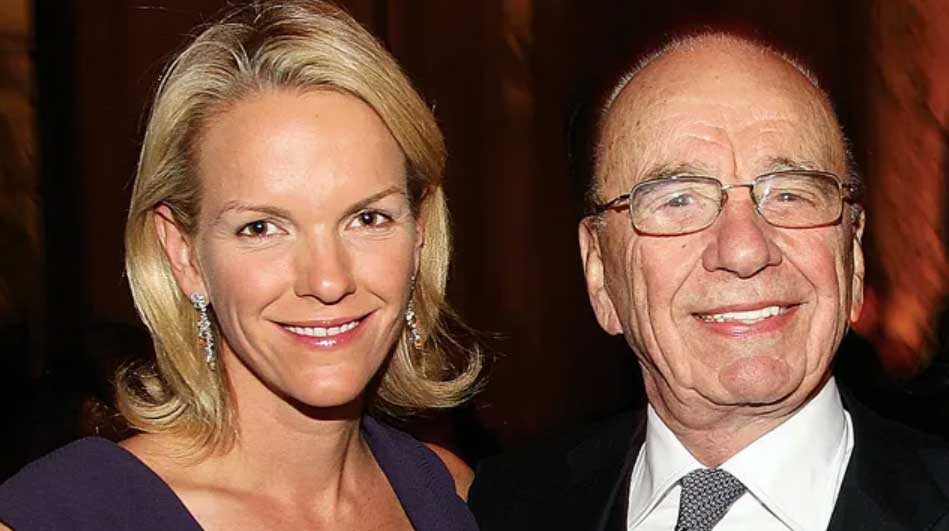In the heart of the UK Parliament, the spotlight turned to Chancellor Rachel Reeves as uncertainty regarding her future intensified this past Wednesday. It was a moment thick with tension when Prime Minister Keir Starmer declined to outright confirm Reeves' continued tenure in response to a question from opposition leader Kemi Badenoch. This exchange came amidst a backdrop of growing dissatisfaction within the Labour Party, where some members have critiqued Reeves' initiatives that aimed to stabilize public finances at the expense of social welfare.
Despite the precarious situation, the Prime Minister's office later sought to calm the escalating speculation by declaring that Reeves was “going nowhere.” Reeves, who made history as the first woman to hold the esteemed office of Chancellor, took on the role in hopes of restoring fiscal stability after a rocky period under former Prime Minister Liz Truss. However, her approach has attracted criticism from party members, particularly those who are concerned about potential cuts to social welfare programs.
The discussion surrounding social welfare reform has roused fervor within Parliament, illustrated by a recent vote where the government narrowly passed legislation, albeit with a significant rebellion from 49 of its own lawmakers. Critics argue that these concessions have diluted the effectiveness of the proposed bills. Reeves' ability to navigate this challenging landscape remains a defining question as her leadership comes increasingly into focus amidst internal party strife and rising financial pressures.





















